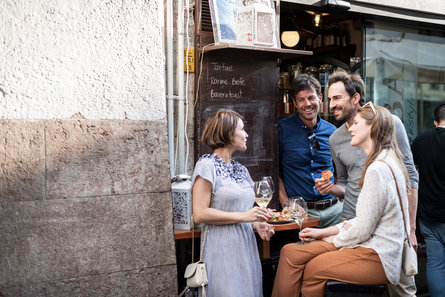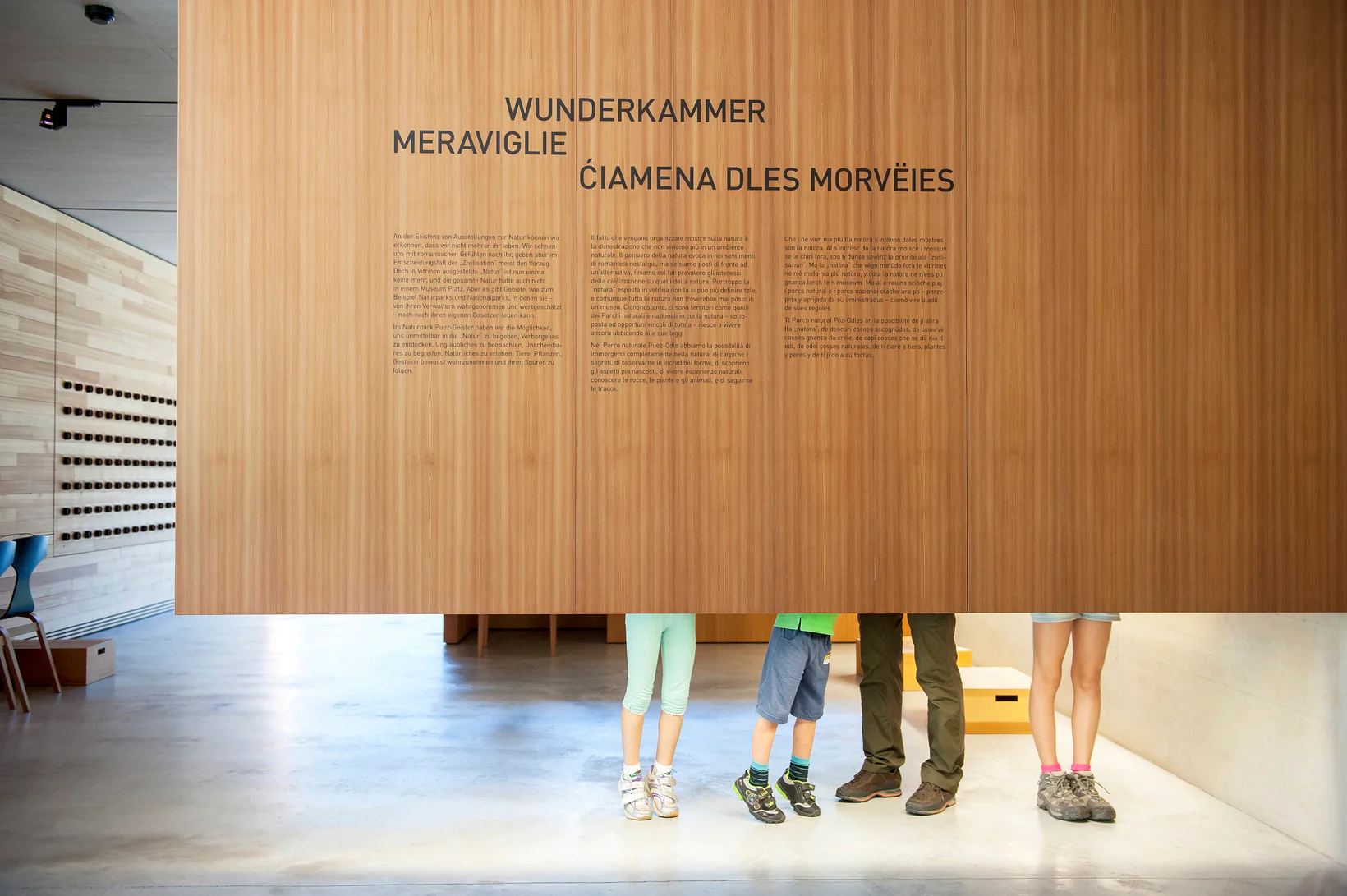How it is to switch between several languages. From a young age. Every day. Listen to former Museum Director Letizia Ragaglia’s passion for languages in the film portrait. And read the stories of Silvia and Valentina here.
When Silvia is angry, there’s only one language for her - it has to be Italian: “Several swear words spring to mind!” German is much too boring. She should know about all the differences between German and Italian expletives. After all, she has grown up with the two languages. In South Tyrol where the street signs are in at least two languages and the perfect espresso is just as important as the best dumpling recipe. Her mother Sara comes from Rome and her father Klaus from German-speaking South Tyrol. Silvia’s parents deliberately decided to bring up their children bilingual: Sara speaks Italian with her daughter and Klaus German. This puts them in a minority in South Tyrol, albeit a growing minority.


